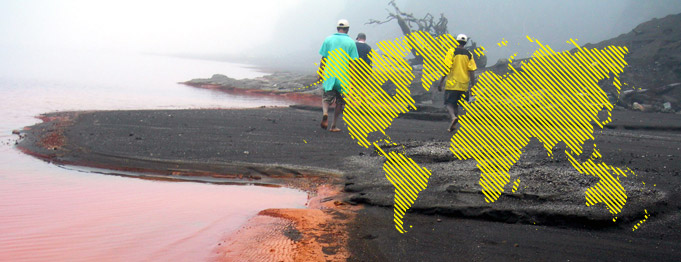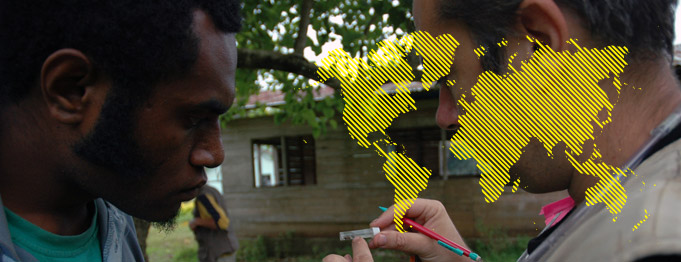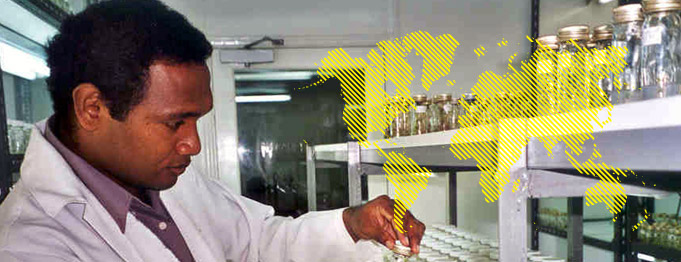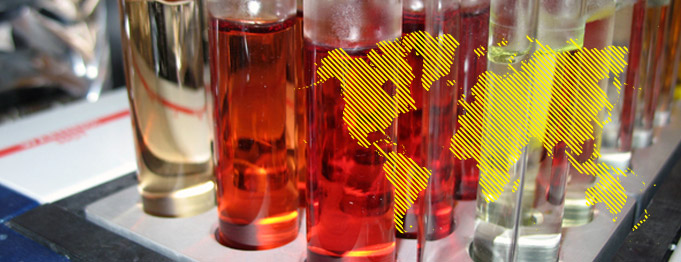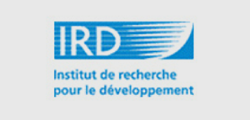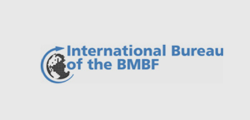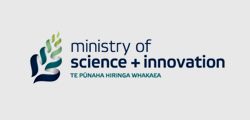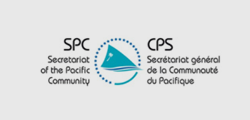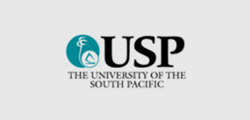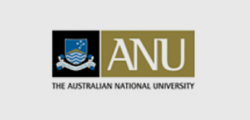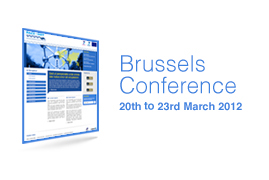PACE-Net submits a contribution to the Pacific Plan Review Team
PACE-Net outcomes and beyond...
Our successful Conference in Suva marked the end of a wonderful human and scientific adventure that started three years ago: the PACE-Net project or a Pacific‐European network. We believe that with the PACE-Net project, we have been successful in strengthening the bi-regional dialogue on Science and Technology between Europe and the Pacific on global and regional priorities of mutual importance; in identifying potential research partnership projects addressing these priorities; and most of all, in raising awareness of the critical importance of the Pacific region to global sustainability and the vulnerability of its island countries. The project also allowed a closer collaboration between Pacific Island Countries and the Overseas Countries and Territories.
This success relies on the interest and exemplary concern for the Pacific and Pacific islanders of all the key stakeholders involved in the project. We would like to thank all those who have taken part in the network and dialogue and who have supported us, in a spirit of openness, reflective of local realities. We hope that we will keep stimulating your interest and will expect even more support from you in the future!
Download our Key stakeholders booklet: Key stakeholders_Booklet_0.pdf
Down load our Outcomes report (Compendium): PACE-Net_Outcomes_Compendium_0.pdf
load our Outcomes report (Compendium): PACE-Net_Outcomes_Compendium_0.pdf
 Download our Recommendations for a Strategic Plan on Research, Innovation and Development in the Pacific, that have been formulated with all the Suva Conference participants (see media release hereafter):web PACE-Net_RECOMMENDATIONS.pdf
Download our Recommendations for a Strategic Plan on Research, Innovation and Development in the Pacific, that have been formulated with all the Suva Conference participants (see media release hereafter):web PACE-Net_RECOMMENDATIONS.pdf
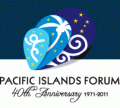 The Pacific Plan for Regional Integration and Cooperation is the master strategy for strengthening regional cooperation and integration in the Pacific. It provides a high-level framework that guides the work of national governments, regional agencies and development partners in support of the aspirations of Forum Member countries and our people. The Plan was endorsed by Forum Leaders at their annual meeting in Madang in October 2005. Oversight of the Pacific Plan is provided by the Pacific Plan Action Committee (PPAC). This Committee comprises representatives from each member and associate member states of the Pacific Islands Forum, as well as Executives of each of the Council of Regional Organisations in the Pacific (CROP) agencies. The role of PPAC is to review implementation of the Pacific Plan and provide high-level advice to Leaders on strengthening regional cooperation and integration.
The Pacific Plan for Regional Integration and Cooperation is the master strategy for strengthening regional cooperation and integration in the Pacific. It provides a high-level framework that guides the work of national governments, regional agencies and development partners in support of the aspirations of Forum Member countries and our people. The Plan was endorsed by Forum Leaders at their annual meeting in Madang in October 2005. Oversight of the Pacific Plan is provided by the Pacific Plan Action Committee (PPAC). This Committee comprises representatives from each member and associate member states of the Pacific Islands Forum, as well as Executives of each of the Council of Regional Organisations in the Pacific (CROP) agencies. The role of PPAC is to review implementation of the Pacific Plan and provide high-level advice to Leaders on strengthening regional cooperation and integration.
Read more
PACE-Net* Key Stakeholder Conference
Connecting Research and Innovation for development in the Pacific, Suva, Fiji 12–14 March 2013
Enthusiastic discussions on results of the three year Pacific-European Network on Science and Technology (PACE-Net) were held by more than 120 delegates from about 17 Pacific and European countries and territories at the final PACE-Net Conference hosted by the University of the South Pacific (USP) in Suva Fiji from 12-14 March.
The Fijian Minister for the Environment, Colonel Samuela Saumatua, in opening the Conference, emphasized the need for policies to be founded on good scientific information, particularly because of the Pacific’s vulnerability to global change. He acknowledged that this was an area that needed strengthening in the Pacific.
Mr Andrew Jacobs, Head of delegation of the European Union (EU) for the Pacific based in Suva, stressed the EU’s active involvement in: regional and global areas of common concern; capacity building; and its continued commitment to research and development. V.C. & President of USP, Prof. R. Chandra outlined USP’s commitment, as a regional organisation, to increasing the role of science and technology in regional policy development, in capacity building and in networks with other Pacific Island Universities. Mr Jimmie Rodgers, Director General of SPC, underlined the importance of research for Pacific countries to respond to their challenges and to improve their development. For this, he adds that research institutes, policy makers, regional organisations, private sector will have to all work together.
PACE-Net results included: strengthening the EU-Pacific bi-regional dialogue on Science, Technology and Innovation (ST&I); identifying the general absence of regional and national ST&I policies and plans in the Pacific; catalysing the formation of the “Pacific Islands University Research Network” (PIURN); and assisting initiation of a national ST&I policy framework process in Papua New Guinea. In addition, PACE-Net raised awareness of the critical importance of the Pacific – a region of extraordinary physical, social and economic diversity –to global sustainability and of the vulnerability of small island nations to global change.
PACE-Net developed policy briefs which present priority research and development needs in seven thematic areas in the Pacific, Climate Change in relation to: Freshwater in the Pacific; Agriculture and Forestry; Fisheries and Aquaculture in the Pacific; Natural Hazards; Biodiversity and Ecosystem Management; and Health. These identified opportunities for bi-regional research partnerships and projects to address priority areas.
An information session on EU research and innovation framework programmes and mobility schemes detailed experiences in and opportunities for international collaboration between Europe and the Pacific. Research facilities were explored at the Conference which also further stimulated initiatives for research collaborations.
A range of recommendations for enhancing the use of research in policy formulation were developed including the creation of regional thematic task forces for research coordination.
Delegates from Tuvalu and Tonga spoke for all participants when they thanked the European Commission, IRD and the PACE-NET Consortium for their generous support for PACE-Net and concluded that both the project and the final Conference, organised and run by USP, were highly successful and valuable and that wide dissemination of the outcomes of PACE-Net would catalyse the development of national and regional research policy frameworks in the Pacific.
*Coordinated by IRD (Institut de Recherche pour le Développement), PACE-Net (Pacific Europe Network for Science and Technology) is an INCO-NET funded by the European Commission.
More info on the Conference: suva-conference-2013.pacenet.eu


